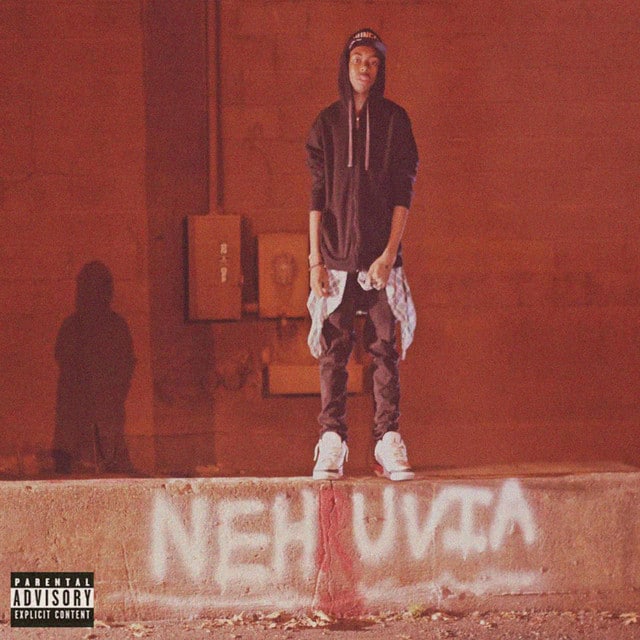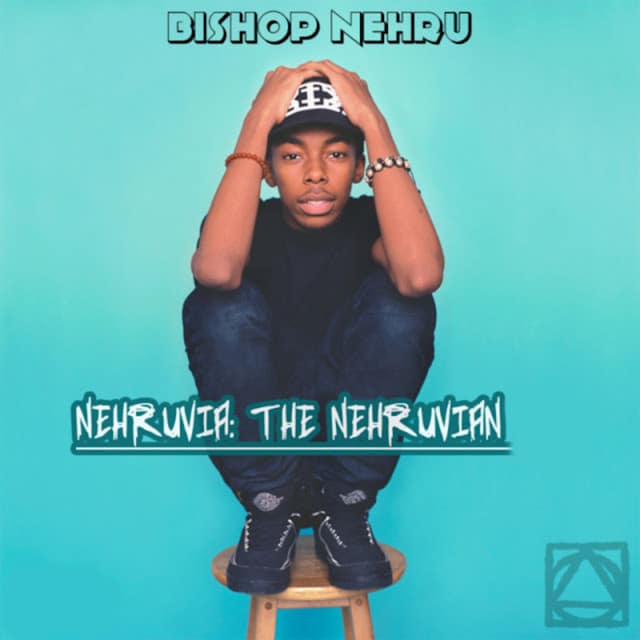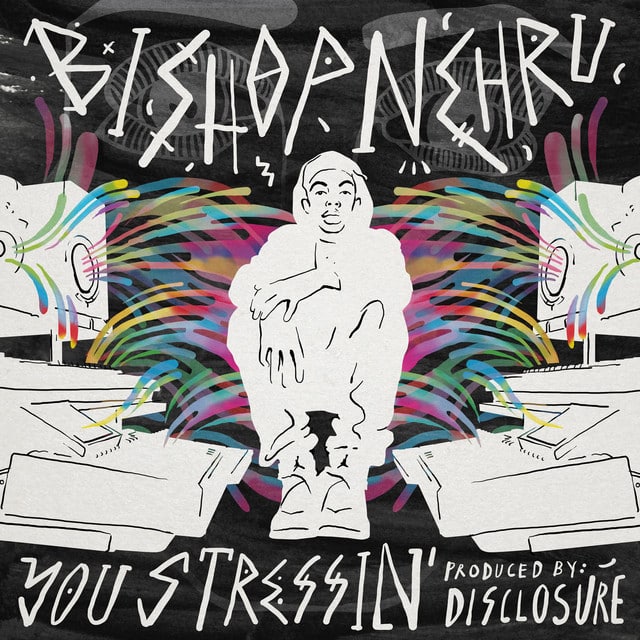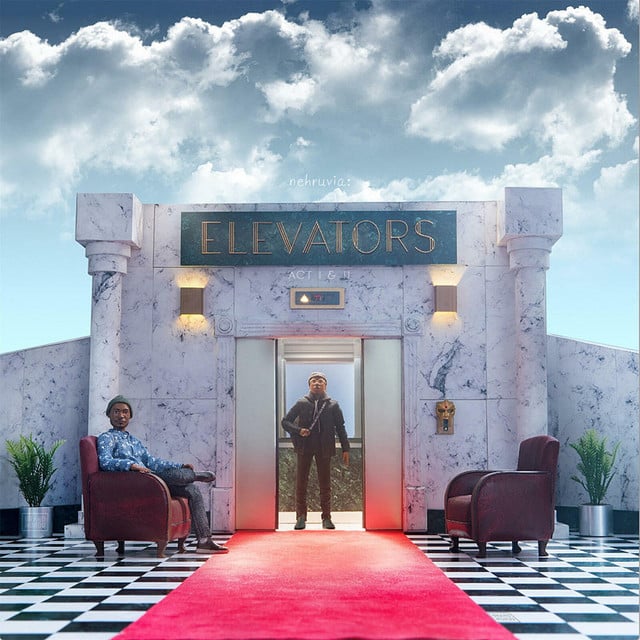Released: 2012
“Light Leak$” by Bishop Nehru is a track that hits the decks with a defiant blend of youthful swagger and precocious lyrical prowess. Nehru, at the tender age of 15, is not just rapping about the game; he’s schooling the older heads with a fresh perspective, honing in on his determination to ascend the ranks of hip-hop nobility.
Dive into the opening bars, and you’ll catch Nehru in teacher mode. The line “I be teaching niggas lessons” isn’t about academia—it’s his way of saying he’s out here showing the old guard how it’s done. He takes a dig at those who are so preoccupied with their own security, “investing in protection,” scrambling to arm themselves because they feel threatened by his rise. Nehru finds it laughable that his name is on every young girl’s playlist, igniting jealousy and prompting the trash talk. The mention of “one hundred views on YouTube” is a direct jab at fledgling artists who think they’ve made it big, whereas Nehru—despite being new to the scene—has already crafted tracks that hit hard and resonate deeply, aka being “crucial.”
But it’s not all bravado. Nehru has a global vision with fans reaching out from Germany applauding his incendiary flow. When he spits about aiming for the top, this isn’t just about climbing the charts. He envisions a rap game where the violence is silenced (“where the nines will never pop”) and where success is achieved through skill, not scandal. The young rapper dreams of spoiling his mother with the finer things, a testament to his dedication and future aspirations. The “KD’s 3’s” reference is all about being in the zone, a shoutout to basketball phenom Kevin Durant and Nehru’s own hustle to stay on point, sidestepping the distractions that could derail his dreams.
The latter part of the track delves deeper into Nehru’s psyche. You can feel his laser focus when he says, “You cannot offend a robot.” This is him putting up an impenetrable wall against haters, emphasizing that no external noise can sway him from his music mission. He’s not just about fleeting fame; he’s in it for the craftsmanship and the legacy. When Bishop claims “I’m back and I’m cold, so grab a sweater,” he’s not commenting on the weather. He’s saying his comeback is sharp, it’s going to give you chills, so you better bundle up. “PS” isn’t just a postscript; it’s a shoutout to his crew, expanding on the narrative as if he’s adding to a letter.
Nehru isn’t shy about his long-term goals either. He’s picturing a life of domestic bliss, yet he knows his outspoken nature might make him a target (“bullets in my ribs”). Even so, he’s undeterred, feeling fully equipped mentally to tackle any adversity. His convictions are strong, and he’s set on making his mark with his words and his work. Toward the close, he boldly asserts his right to his opinion and his craft, backing up his bold talk with action, daring critics to question his trajectory. This is a rallying cry for authenticity and commitment to one’s art, making “Light Leak$” much more than just a hip-hop track—it’s Bishop Nehru’s manifesto.








